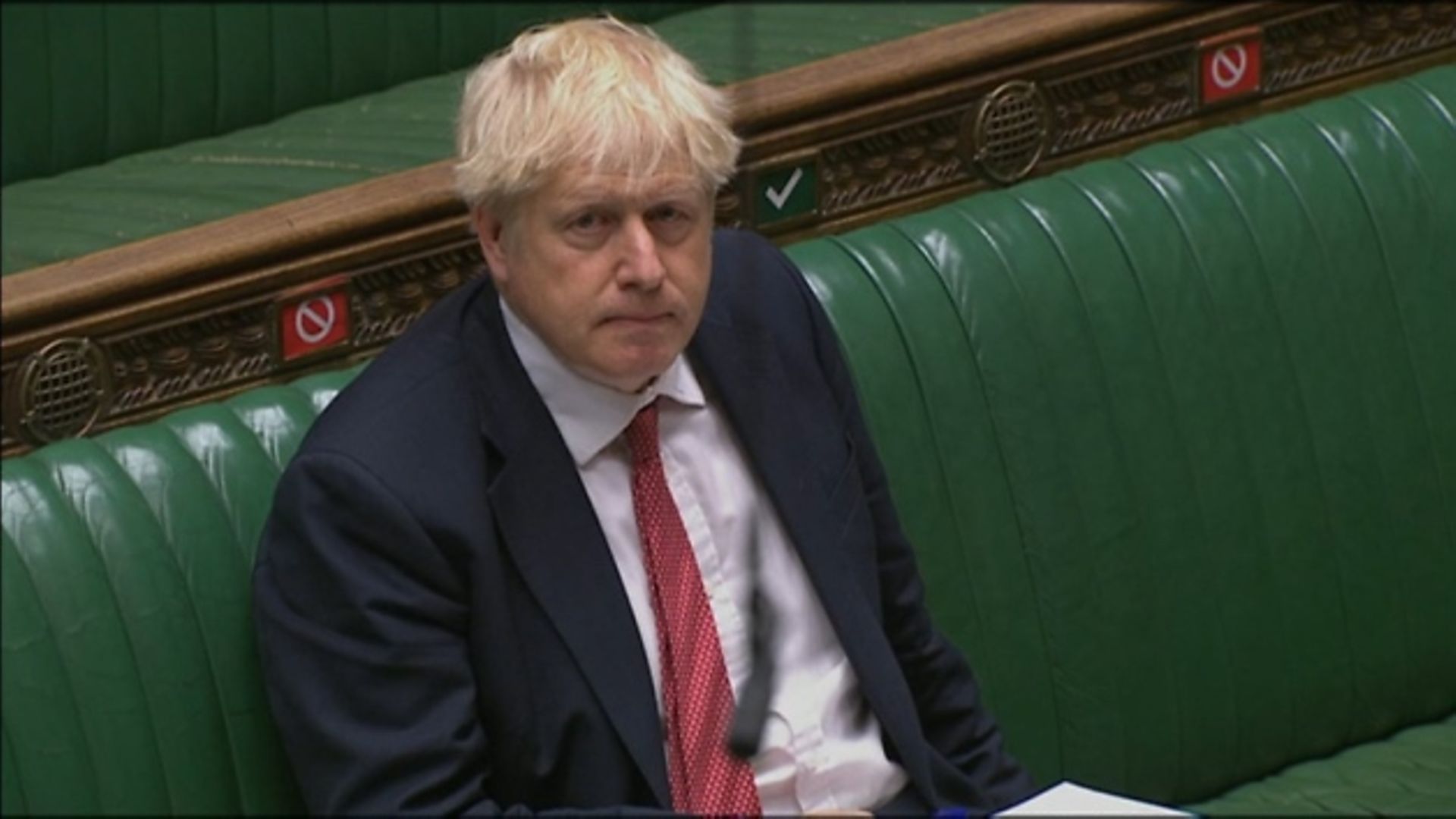
Boris Johnson faces a mounting Brexiteer rebellion if the government pushes ahead with plans to extend legislation giving it emergency powers to deal with the coronavirus pandemic.
Prominent Brexiteers Peter Bone and Desmond Swayne have warned the prime minister could face significant opposition to extend to his emergency coronavirus legislation.
The laws, introduced in April to allow ministers to impose coronavirus restrictions, will be put before parliament for a vote on September 30.
But a growing number of Tory MPs are calling for the powers to be curtailed and have criticised ministers for announcing new lockdown measures on Twitter before informing parliament.
Wellingborough MP Peter Bone told POLITICO the legislation was the type that “communist governments bring in by the stroke of a pen”.
“This is a major containing of your rights as a British citizen,” he said. “This is the sort of thing that communist governments bring in by the stroke of a pen. It’s not the way it should happen in the United Kingdom.”
He added: “It’s all well banging on — quite rightly — about bringing power back to parliament from the European Union. But hang on a minute, we don’t want power just to be whooshed off to ministers to make decisions.”
Fellow Eurosceptic Desmond Swayne MP said a tory rebellion was brewing. Speaking with Sky News’ Sam Coates, he said: “My fear is that if you carry on like this that people will start to stop obeying the regulations because they felt they were never consulted, never debated and their elected representatives didn’t have a say.”
Touching on the size of a possible rebellion, he said it was “too soon” to tell but that “there is a measure of organisation going on now. A number of colleagues have contacted me.”
This is the second Tory rebellion the government has faced in a matter of days. Earlier this week, Bob Neill MP and a number of Tory MPs voiced their opposition to Boris Johnson’s Brexit bill.
The bill, which would override key aspects of the Withdrawal Agreement settled between Brussels and Downing Street earlier this year, passed through the House of Commons with a majority of 77. Up to 29 Tory MPs abstained while two voted against it.
On Wednesday evening, Downing Street conceded to rebel demands to include a clause forcing the government to seek MPs’ consent before breaking the accord.
Warning: Illegal string offset 'link_id' in /mnt/storage/stage/www/wp-includes/bookmark.php on line 357
Notice: Trying to get property 'link_id' of non-object in /mnt/storage/stage/www/wp-includes/bookmark.php on line 37






